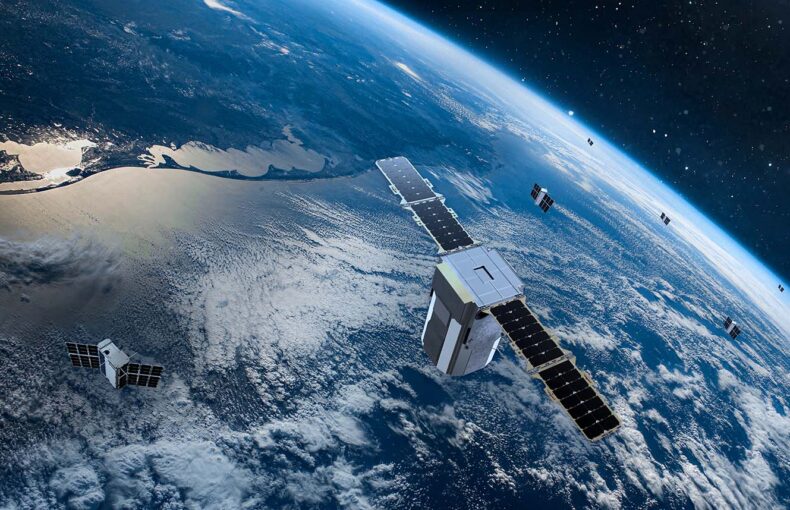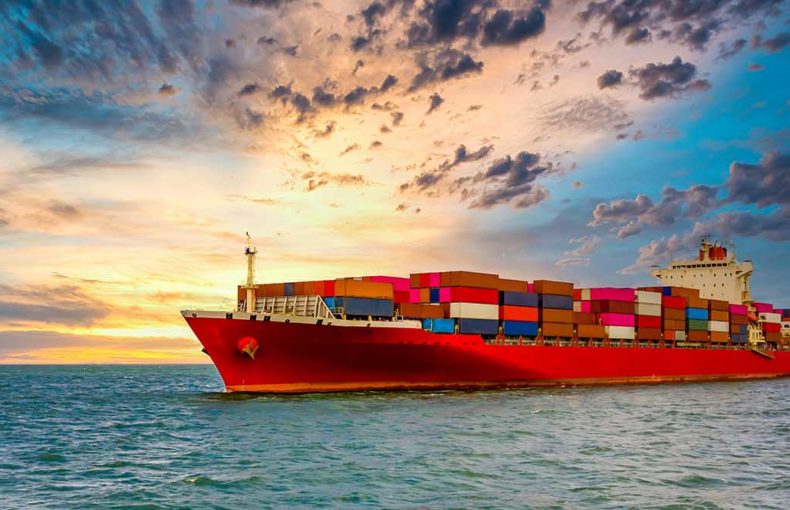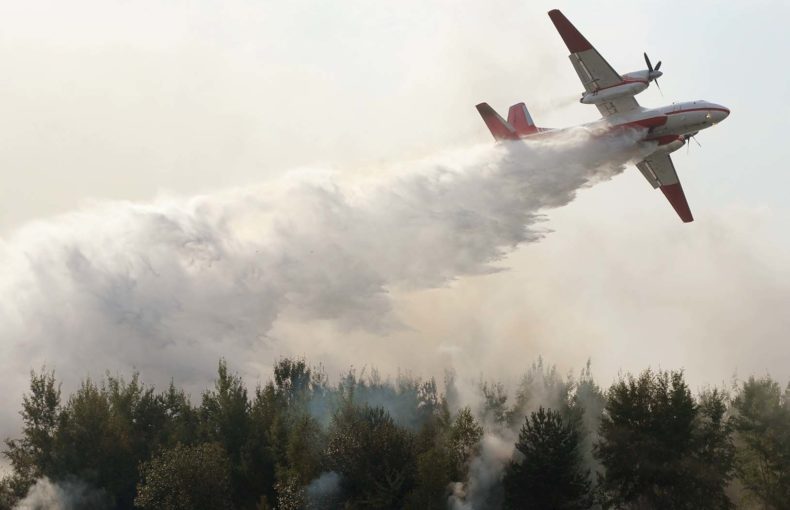Global data tackles global crises
Data collected from satellites can help fight global health crises and support efforts to build resilient systems.
During the dark year of COVID-19, there were bright moments when individuals and communities across the world banded together to tackle the pandemic. Now, as the world looks to recover, reconnect, and rebuild, it is clear that global crises demand global solutions. At Spire Global, we believe data collected from space can help.
Data might not be the first resource that comes to mind when responding to a pandemic. It can often seem nebulous, like a bunch of ones and zeros stored in a distant, underground server. But we are seeing how that it can be a powerful resource for monitoring and mitigating health crises.
“Leveraging data to respond to challenges,” the World Bank said, “should be an important pillar of a government’s strategy to fight the pandemic.”
Specifically, global data collected from satellites can aid dynamic risk assessments, support investigations into how infectious diseases spread, and reveal opportunities for minimizing economic fallouts.
The same weather data that helps predict rain in the afternoon may also help identify communities at risk of infectious disease.
Share on Facebook Share on Twitter Share on LinkedIn
Aircraft data helps pinpoint travel risks
From deciding when to visit the supermarket to planning how to reopen entire countries, risk assessment has become a critical part of life. One of the best ways to evaluate dangerous, complex, and evolving threats is with data.
Take air travel, for example. SATAVIA created a model, using Spire Aviation’ aircraft tracking data, that evaluates transmission risk along air corridors. The model “leverages the best available data and epidemiological modeling to help governments decide which air routes can be safely reopened.”
As the infection rates change, policymakers and passengers can use the model to monitor risks and generate data-backed assessments.
Weather data helps forecast disease transmission
The same weather data that helps predict rain in the afternoon may also help identify communities at risk of infectious disease. That is because environmental conditions can impact transmission. To account for these factors, epidemiologists sometimes include weather data—such as temperature, humidity, and ultraviolet index—in models that forecast how diseases spread.
“Models based on meteorological data,” one study found, “have helped predict when and where human cases are most likely to occur.”
Last August, the World Meteorological Organization held a symposium to study environmental variables’ influence on COVID-19’s spread. The organization found that “global interdisciplinary research efforts should continue to explore the interactions of COVID-19 and [climatological, meteorological and environmental] factors.”
“Better understanding of whether [COVID-19] will be influenced by seasonal environmental and weather conditions,” a doctor with the WMO/World Health Organization Joint Climate and Health Office said, “will help inform public health policy and management of the disease in the coming months and years.”
Space infrastructure escapes the delays and breakdowns that terrestrial networks may suffer in the wake of a crisis.
Share on Facebook Share on Twitter Share on LinkedIn
Shipping data helps find a route to economic recovery
Studies show that financial downturns can deteriorate public health. So boosting economic resilience may help protect long-term wellbeing. Maritime data can help.
Multinationals and logistics organizations can leverage shipping data to adjust and optimize supply chains that have been disrupted by the pandemic and continue to see gains long after we beat the virus.
Similarly, the combination of global AIS and weather data can help the maritime industry and logistics companies reveal new efficiencies and build resiliency into operations, supporting the difficult task of restarting trade and business. Ship operators can use the data to plot efficient routes between ports, realizing essential savings.
Trusting in space infrastructure
There is another advantage to fighting catastrophes with data collected from satellites. Space infrastructure escapes the delays and breakdowns that terrestrial networks may suffer in the wake of a crisis. Satellite constellations like Spire’s can continue to monitor situations if Earth-bound systems go dark, capturing vital aviation, weather, and shipping information from inhospitable or inaccessible areas.
The months ahead will bring new stories of resilience and innovation as we fight this pandemic and implement solutions for a healthier, safer future. While it is just one of many elements that make up successful efforts, global data is here to support global solutions.



